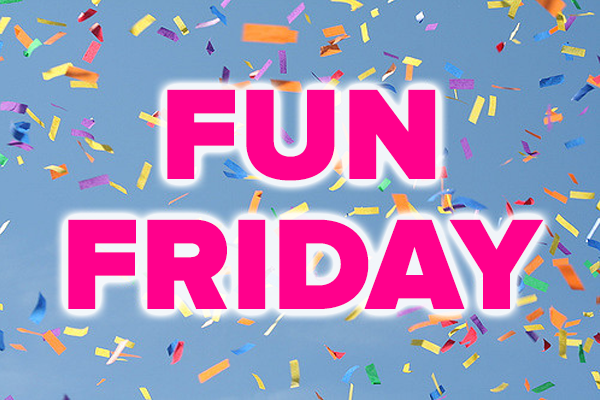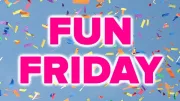If you have a teenager at home, I feel for you. You’re experiencing one of the true joys of parenting… the sudden inability to understand a word your child is saying. You can take comfort that you’re not alone, though. Not only are all the parents you know going through the same thing, but parents for at least 100 years have been dealing with it too.
Rise of the “teen-ager”
The idea of being a teenager, as we know it today, arose in the 20th century. Most people over the age of 13 worked for a living back in the 19th century, and it wasn’t until around the time of the first world war that people under 21 had enough free time to actually form some sort of unique social group. Teenagedom continued to evolve throughout the next fifty years or so, reaching its peak with a flood of baby boomers who stubbornly refused to listen to their parents.
Those same boomers – and their children – are now watching kids born in this century say utterly confounding things. But, they’re just upholding a century-long tradition.
Slang of the 1920s
This YouTube video spotlights some of the more common slang of the 1920s. Some of it, like “hock” entered long-term usage and is barely thought of as slang today. Other words, like the term “sheik” for an attractive male, seem foreign to us. We tend to think of these terms being used by adults, but remember that the average life expectancy back then was a lot lower. To be in one’s 20s was to be an upstanding member of society. A lot of those folks who were out partying were as young as your kids and grandkids.
There has always been slang, and there have always been those words that come and go. The difference is that by the 1920s, there was a way to record that culture as it happened. This was the dawn of audio recording and the days of silent film. Thanks to those advancements in technology, we can see and hear what people looked like back then.
And how!
Your language patterns tend to get fixed at a fairly early age, and that means the slang you learn can follow you for your whole life. I still remember by grandmother saying “And how!” as a term of appreciation, decades after it was popular. I didn’t understand why she said it, but it was part of her particular patois and that of her generation. I suppose the younger generation is similarly confused when I say “right on.” But that doesn’t stop me from saying it.
By the year 2121…
I suspect that whatever the dominant form of storytelling is one hundred years from now, they’ll be talking about the slang that kids use today. Our grandchildren’s grandchildren will marvel at the use of “finsta” and “yeet” and they’ll understand those words, oh about as well as you and I do. I won’t be around by then, most likely, but it does give me a smile thinking about it.



